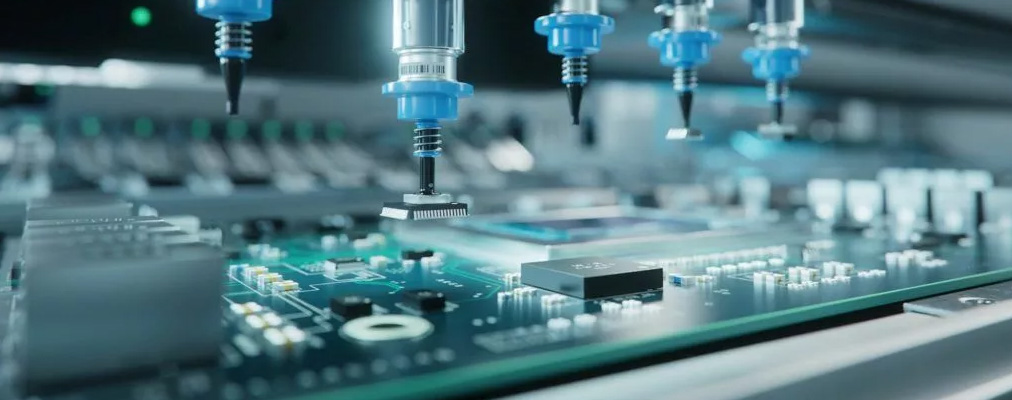Medical Electronics
Printed Circuit Boards (PCBs) are an essential component in medical electronics devices. PCBs are used to create the electrical connections between various components of medical devices, such as sensors, microprocessors, batteries, and display screens. In this blog, we will discuss the application of PCBs in medical electronics and their significance.

1. Pacemakers:
Pacemakers are small medical devices that are used to regulate the heartbeat of a person. These devices are made up of different components that are connected using a PCB. The PCB helps in creating an electrical connection between the battery, microprocessor, and the leads that are attached to the heart.
2. CT Scanners:
A CT scanner is a medical imaging device that uses X-rays to create a detailed image of the internal organs. CT scanners use PCBs to connect the X-ray source, the detector, and the processing unit.
3. Blood Glucose Monitors:
Blood glucose monitors are used to measure the blood sugar level of a patient. These devices use a small PCB to connect the display, microprocessor, and the sensor that measures the glucose level in the blood.
4. Medical Imaging Devices:
Medical imaging devices such as MRI machines, ultrasound machines, and X-ray machines, all use PCBs to connect various components. These devices use PCBs to connect the power supply, signal processing unit, display screen, and other components.
5. Wearable Medical Devices:
Wearable medical devices such as fitness trackers, smartwatches, and health monitors use PCBs to connect various sensors, microprocessors, and displays. These devices can monitor various health parameters, such as heart rate, blood pressure, and sleep patterns, and transmit the data to a smartphone or a cloud-based platform.
In conclusion, the use of PCBs in medical electronics is significant as it provides an efficient and reliable method of connecting various components of medical devices. PCBs ensure that medical devices operate correctly, accurately, and safely. The application of PCBs in medical electronics will continue to grow as new medical devices and technologies emerge.